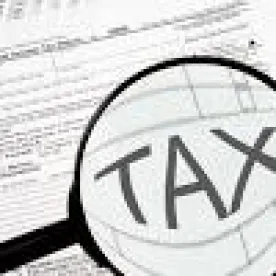The US Court of Appeals for the District of Columbia Circuit recently held that the Internal Revenue Service did not have the statutory authority to regulate tax-return preparers.
In 2011, the IRS issued new regulations that, among other things, required paid tax-return preparers to pass a certification exam, pay annual fees and complete fifteen hours of continuing education each year. The IRS relied on 31 USC § 330 as its authority for the new regulations, which authorizes the IRS to “regulate the practice of representatives of persons before the Department of the Treasury.” The District Court ruled against the IRS and in favor of three independent tax-return preparers who challenged the new regulations as exceeding the agency’s authority. The IRS appealed.
The court of appeals held that the regulation exceeded the IRS’s statutory authority. Among other reasons, the court found that tax-return preparers did not “represent” the taxpayer before the Treasury because the tax-return preparers do not act as agents with legal authority to act on behalf of their clients. Further, the court found that tax-return preparers do not “practice before the Treasury,” which describes an appearance in an adversarial or adjudicative process, not merely the preparation of tax returns. Accordingly, the court of appeals affirmed, enjoining the enforcement of these regulations.
Loving v. Internal Revenue Service, et al., No. 13-5061 (D.C. Cir. Feb. 11, 2014).



 />i
/>i

